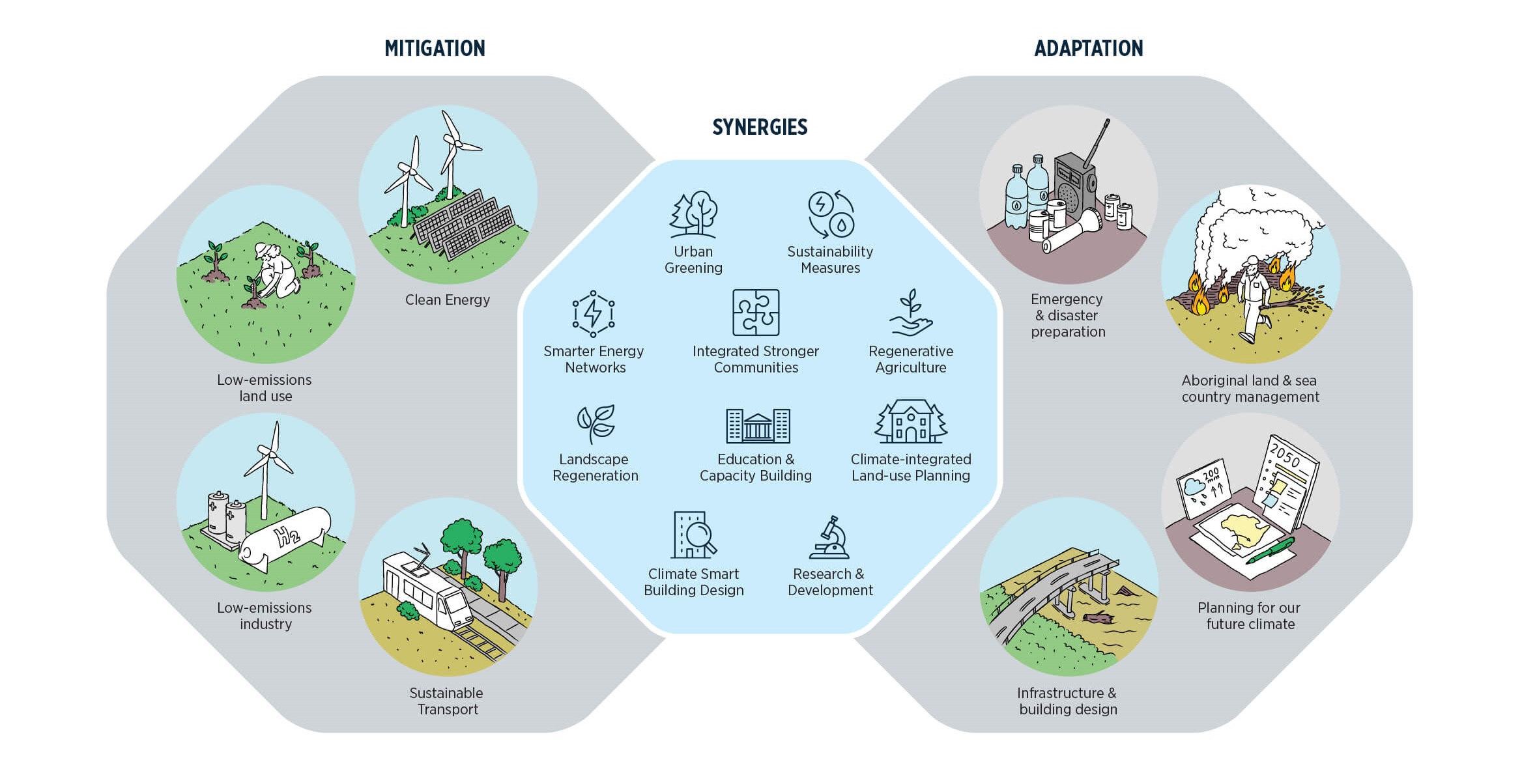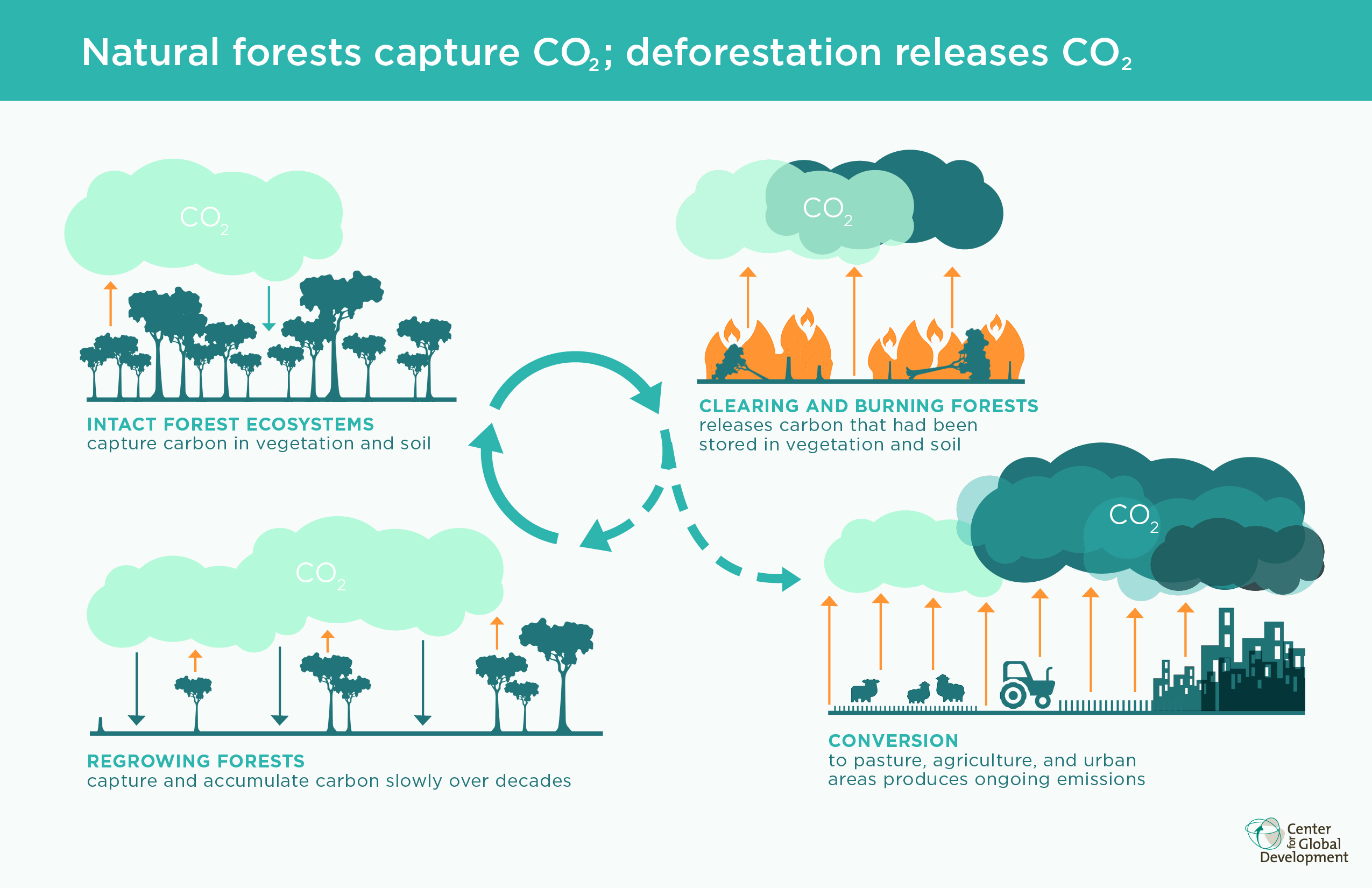What is the deep impact of power outage? How much time and investment of resources required to mitigate that impact? Power Outage Impacts: Causes, Effects, And Mitigation Strategies contains all the answers to these questions and more.

The Impact of Climate Change on Fire Risk and Prevention Strategies - Source www.ohioarsonschoolinc.org
Editor's Notes: Power Outage Impacts: Causes, Effects, And Mitigation Strategies published on date. This topic is important because it provides a comprehensive overview of the causes, effects, and mitigation strategies for power outages. This information is essential for businesses and individuals who want to be prepared for and minimize the impact of power outages.
We have done some hard work, analyzed, and dug out information from different sources and made Power Outage Impacts: Causes, Effects, And Mitigation Strategies. We have put together this guide to help you make the right decision.
The Power Outage Impacts: Causes, Effects, And Mitigation Strategies guide provides a comprehensive overview of the causes, effects, and mitigation strategies for power outages. The guide is divided into three sections:
1. Causes of Power Outages
2. Effects of Power Outages
3. Mitigation Strategies for Power Outages
FAQ
This FAQ section provides concise answers to commonly asked questions regarding power outages, their causes, effects, and mitigation strategies.
Question 1: What are the most common causes of power outages?
Power outages can result from various causes, such as severe weather conditions, equipment failures, downed power lines, and intentional outages for maintenance or repair purposes.
Question 2: What are the potential impacts of power outages?
Power outages can have significant impacts, including disruption of essential services (e.g., hospitals, communication networks), economic losses, inconvenience, and potential health risks for vulnerable individuals.
Question 3: What are the recommended mitigation strategies for power outages?
Effective mitigation strategies include developing emergency plans, securing backup power sources, maintaining essential supplies (e.g., food, water, medication), and seeking alternative communication methods.
Question 4: How can I stay informed during a power outage?
During a power outage, it is crucial to stay informed by monitoring local news outlets, following official social media updates, and checking with utility companies for restoration estimates.
Question 5: What should I do if my power outage is prolonged?
In the event of a prolonged power outage, it is essential to prioritize essential needs, conserve resources, and seek assistance from local authorities or utility companies.
Question 6: How can I prevent power outages in the future?
While not all power outages can be prevented, proactive measures can help reduce the likelihood and severity of future incidents. These include regular maintenance of electrical infrastructure, community preparedness plans, and the use of renewable energy sources.
In summary, power outages can have significant impacts, but proactive mitigation strategies and effective preparation can help minimize their effects. By understanding the causes, effects, and mitigation strategies for power outages, individuals and communities can enhance their resilience and maintain safety during these events.
Read the full article on Power Outage Impacts: Causes, Effects, And Mitigation Strategies to delve deeper into these topics.
Tips
Aside from the causes and effects of a power outage, it is equally important to plan out mitigation strategies. These tips can serve as a reference for safeguarding and minimizing the impacts of power outages.
Tip 1: Plan and Prepare
Develop an emergency plan for your household and workplace that considers scenarios of prolonged power outages. Keep a battery-powered radio, flashlights, and extra batteries on hand for communication and visibility. Secure important documents and emergency supplies in watertight containers.
Tip 2: Protect Your Appliances
Unplug major appliances, such as refrigerators, televisions, and computers, to prevent power surges when electricity is restored. If possible, use surge protectors for sensitive electronics to minimize damage from voltage fluctuations.
Tip 3: Conserve Energy
If facing a prolonged power outage, prioritize essential appliances and devices. Keep refrigerators and freezers closed to maintain the internal temperature. Avoid using high-energy appliances, such as air conditioners or ovens.
Tip 4: Stay Connected and Informed
Charge cell phones and laptops early on and use them sparingly. Listen to battery-powered radios or access information online through portable devices to stay updated on the situation and any restoration estimates. Consider purchasing a battery-powered weather radio for local updates during emergencies.
Tip 5: Check on Neighbors and Loved Ones
Especially for prolonged outages, check on elderly or vulnerable neighbors to ensure their well-being. Assist with their needs, such as providing food, water, or medical supplies. Stay in touch with family and friends to inform them of your safety.
Tip 6: Avoid Fire Hazards
Use candles or kerosene lamps cautiously for lighting, ensuring they are placed in stable and fire-resistant locations. Keep open flames away from flammable materials, and never leave them unattended.
Tip 7: Be Mindful of Food Safety
Keep refrigerators and freezers closed as much as possible. Discard perishable food items within a few hours if the outage persists. If using a cooler with ice, replace the ice regularly to maintain a cold temperature.
Tip 8: Stay Safe Outdoors
Be cautious of downed power lines and avoid contact, as they can pose a significant electrical hazard. If driving, be aware of traffic signals that may not be functioning and proceed with caution at intersections.
By following these tips, you can improve your preparedness for power outages, safeguard your appliances, and minimize the potential risks to your safety and well-being.
For a more comprehensive understanding of power outage impacts, causes, and mitigation strategies, refer to the article Power Outage Impacts: Causes, Effects, And Mitigation Strategies.
Power Outage Impacts: Causes, Effects, And Mitigation Strategies
Understanding the essential aspects of power outage impacts is crucial, as these events can have far-reaching ramifications. This article will explore six key aspects related to power outage impacts: causes, effects, and mitigation strategies.
- Causes: Natural Disasters, Human Error, Intentional Acts
- Immediate Effects: Appliance Damage, Data Loss, Health Risks
- Long-term Effects: Economic Impacts, Social Disruption, Infrastructure Damage
- Prevention Strategies: Upgrading Infrastructure, Smart Grid Implementation, Redundancy Planning
- Emergency Response: Communication, Essential Services Provision, Damage Assessment
- Recovery Strategies: Restoration Efforts, Compensation Policies, Public Education
These aspects are interconnected. For example, natural disasters can cause power outages, leading to appliance damage and data loss. Prevention strategies like smart grid implementation can help mitigate these impacts. Communication during an outage is essential for emergency response and recovery efforts. Understanding these aspects provides a comprehensive framework for managing power outage impacts.

Does Burning Plants Release Co2 at James Mills blog - Source exybkobgl.blob.core.windows.net
Power Outage Impacts: Causes, Effects, And Mitigation Strategies
Power outages have far-reaching impacts, affecting individuals, businesses, and infrastructure. Understanding the causes and effects of power outages is crucial for developing effective mitigation strategies. Common causes of power outages include natural disasters, equipment failures, and human error. These events can lead to a range of impacts, including loss of productivity, disruption of essential services, and damage to equipment. Mitigation strategies focus on preventing outages, restoring power quickly, and minimizing their impact.

The real cause of load-shedding in South Africa | News365.co.za - Source news365.co.za
The importance of this topic cannot be overstated, as power outages can have severe consequences. For example, a prolonged outage in a major city can lead to widespread disruption of transportation, communication, and commerce. In healthcare facilities, power outages can put patients at risk and disrupt critical medical equipment. Understanding the causes, effects, and mitigation strategies for power outages is essential for ensuring a reliable and resilient power grid.
This understanding has practical significance for individuals and organizations alike. Individuals can take steps to prepare for power outages by having emergency plans in place, including backup power sources and supplies. Organizations can implement business continuity plans to minimize the impact of outages on their operations. By working together, individuals, organizations, and policymakers can create a more resilient power grid and mitigate the impacts of power outages.